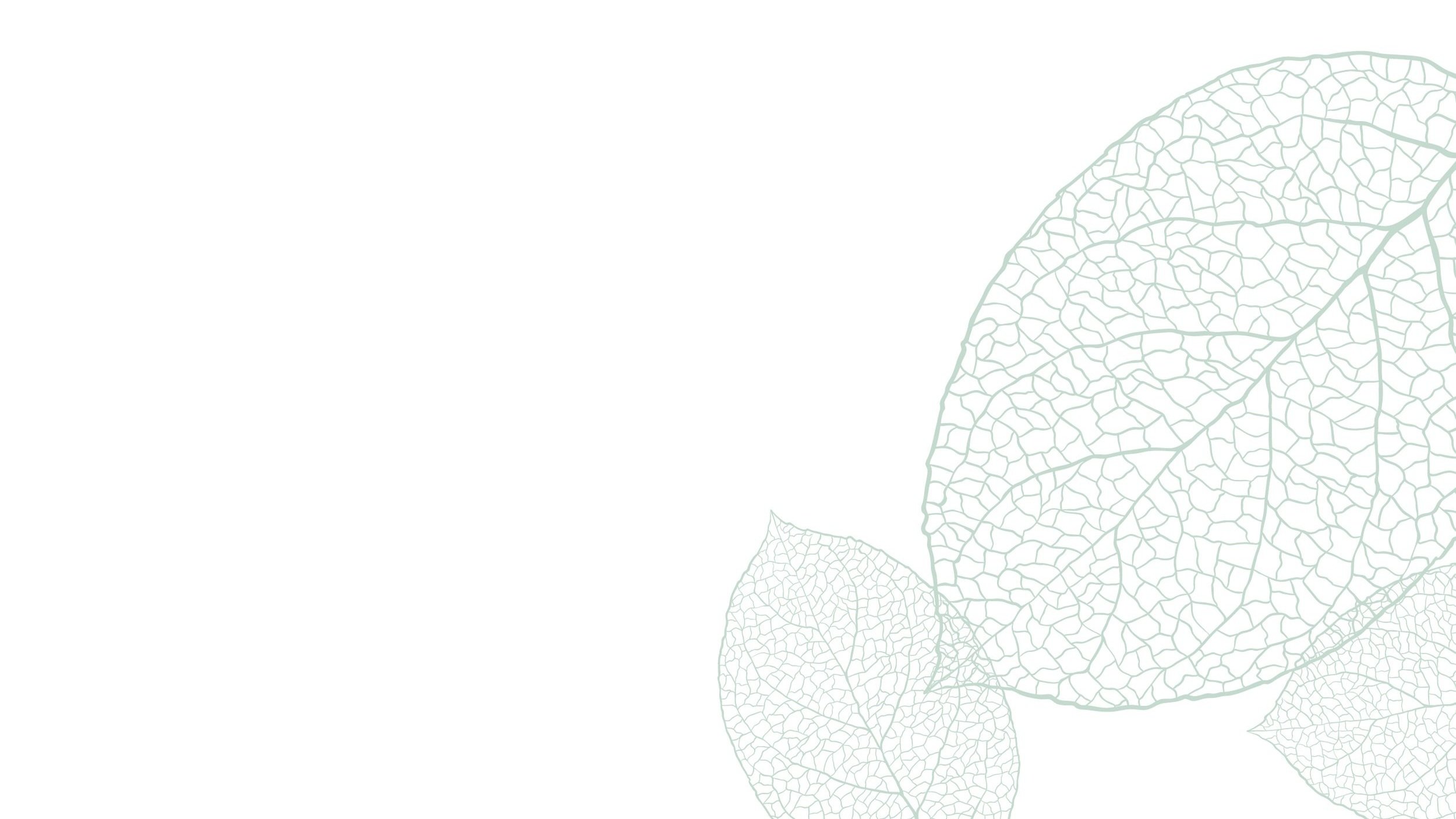Our Mission
At The Gaia Center, we believe that while individual growth and healing is important and deserved for every person, the true purpose of therapy is about a lot more than just our individual needs and goals.

Ultimately, our work is about LIBERATION— individual and collective.
We cannot be liberated if we are oppressed by the impact of past trauma or an internalized abuser in our minds. We cannot be liberated if our family, friends, and neighbors continue to be oppressed by systems that are inherently rooted in racism and patriarchy.
We stand unequivocally with Black, Indigenous and people of color who continue to be harmed (and literally murdered) by white supremacy and a militarized criminal legal system that is a living legacy of slavery and colonialism. We stand unequivocally with women+ and LGBTQ+ folks who are harmed by sexism, homophobia, transphobia, and society’s lack of adequate collective care structures.
Though we don’t expect our clients to hold all the same values and beliefs as their therapist, we also do not believe that therapists should be a “blank slate” of neutrality on issues that are fundamentally about human rights. We approach psychotherapy from a systems lens in which the harsh realities of the world around us are inseparable from our own wellbeing, and we are each committed to continuing our own lifelong unlearning of internalized racism, sexism, fat phobia, ableism, and all the other ways society has taught us that people who diverge from the white, thin, cis, hetero “standard” are less-than.

“If there is to be peace in the world, there must be peace in the nations. If there is to be peace in the nations, there must be peace in the cities. If there is to be peace in the cities, there must be peace between neighbors. If there is to be peace between neighbors, there must be peace in the home. If there is to be peace in the home, there must be peace in the heart.”
Taoist philosopher, Lao Tsu¹

The Broken System of Managed Care
The landscape of mental health treatment within our current managed care system² is extremely flawed. People are reduced to symptoms and labels, and insurance companies get to decide (with a focus on their bottom line) what services qualify as “medically necessary,” and will deny coverage for treatment if it doesn’t meet their criteria— all while the policy holder pays a high deductible and premiums for the privilege of being their customer.
Additionally, insurance companies typically pay mental health providers below-market rates for their services (rates that providers have to haggle and negotiate for), which do not increase even in the span of multi-year contracts that are very difficult to exit once they are locked in.
Though we have deep respect for therapists who take insurance, because of these reasons we have elected not to participate as in-network providers with any insurance companies. Some folks do have policies that allow them to receive partial reimbursement for out-of-network services (see our FAQ page for more on that), while many of our clients pay fully out-of-pocket. The reality is that some folks can afford to self-pay for therapy³, while those with lower incomes certainly cannot.
In lieu of paneling as an in-network provider, we have made several ongoing commitments in the service of equity and accessibility, described below. We are always looking for new and creative ways to contribute to the Nashville community (particularly oppressed and marginalized folks) and are very open to ideas; reach out at hello@gaiacenter.co.
Our Commitments to Social Justice & Accessible Services
-
We are committed to making therapy accessible and available to as many people as we can in our small corner of the world, which led to the development of our Pay-What-You-Can program with our graduate intern therapists. In this program, we offer spots for 15 clients at a time. When spaces open, we will notify our email list, which you can sign up for here.
Each graduate intern therapist receives weekly supervision and support from one of our experienced licensed therapists to ensure their clients are getting what they need from therapy.
-
With collective care as a core value of The Gaia Center (read more here about our liberation-based ethos), our team is committed to sharing their time and skills with the community in varying activism and volunteer capacities.
This includes free and low-cost community offerings like Guided Together and Gaia’s Web, as well as occasional partnerships and volunteer work with other organizations in the wider community.
Do you have an idea for a community care project you’d like our support with? We’d love to hear about it.
-
The Gaia Center is a member of the Founders Circle (and ongoing donor) with Healing in the Margins, a Nashville-based nonprofit whose mission is to cultivate systemic change and foster healing by providing resources and programming in mental health spaces for the LGBTQIA+ and BIPOC communities. They do this via their Therapy Fund, free trauma trainings for clinicians in the margins, and trainings for organizations to improve their competency with supporting team members who hold (a) marginalized identity/ies.
-
We are proud members of the Liberatory Wellness Network. Rooted in community, liberation, and disability justice, the LWN offers a variety of services focused on radical mental health principles and community healing. Through their work, they strive to make resources accessible, affirming, and rooted in collective liberation.
Each of LWN’s offerings centers the voices and needs of historically oppressed communities and follows the teachings of the Black liberation, disability justice, Indigenous sovereignty, and 2SLGBTQIA+ rights movements. They are committed to building a space that fosters authentic connection and community healing.
-
As our newest justice-based initiative, we are proud to now offer paid internships for our graduate level interns. If you’re seeking a masters-level internship in clinical social work, counseling, or marriage and family therapy, see more information here.

for more about our ethos around liberation-based therapy and advocacy, head to this page.
¹ There is some disagreement as to whether Lao Tsu (6th century Chinese philosopher) is the true source of this verse, but we love it nonetheless!
² This is the term for the current system of largely private, largely employer-based healthcare coverage. Though some improvements have come along since the mental health parity act of 2008 became law, we have a long way to go toward mental health services becoming truly accessible while also remaining viable for service providers.




